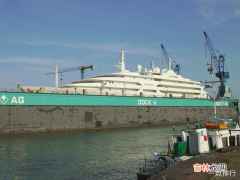
Knowledge workers are considered as valuable assets in any organization. They possess specialized knowledge and expertise in their respective fields. Despite being highly skilled, they can still be categorized as frontline employees. Their key role lies in applying knowledge and problem-solving every day, which contributes to the company’s success and growth. Their skills and expertise make them indispensable in the development and execution of business strategies.
【知识型员工算不算基层员工】Knowledge workers are those who possess a deep understanding of their field and keep themselves updated with the latest research and developments. They may include scientists, engineers, doctors, lawyers, and many other professionals. Their primary work involves analyzing, synthesizing, and innovating based on their knowledge. They play a crucial role in driving innovation, improving processes, and ensuring the organization’s competitiveness in the market.
In addition to their specialized knowledge, these employees often have excellent communication and collaboration skills. They interact with colleagues, clients, and other stakeholders to exchange ideas, solve problems, and implement solutions. Their ability to effectively communicate complex concepts in simple terms is essential for success. They also contribute to mentoring and knowledge transfer within the organization, helping new employees develop their skills and expertise.
While knowledge workers may not perform manual labor like traditional frontline employees, their contribution to the organization is equally important. Their expertise and ability to analyze and solve complex problems make them valuable assets. Recognizing their role as frontline employees is crucial to fostering a culture of knowledge sharing and continuous learning within the organization.













